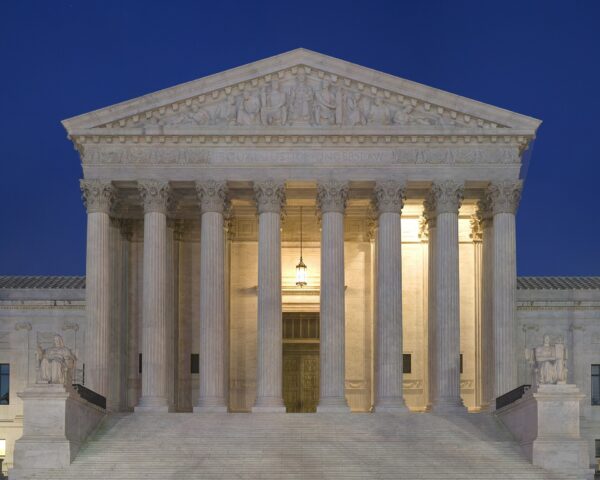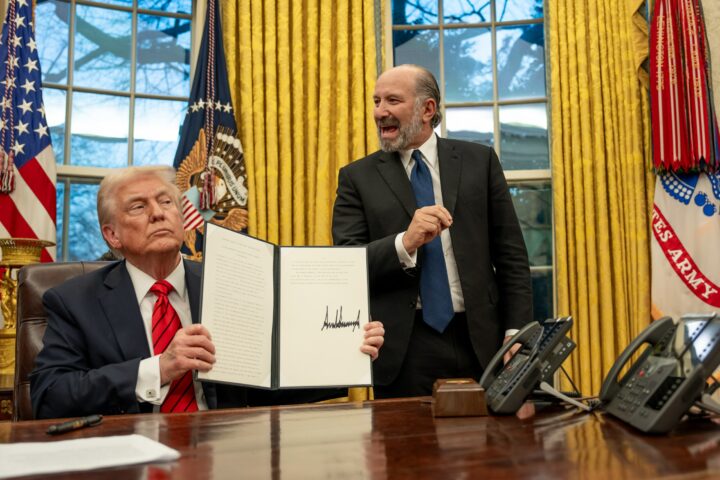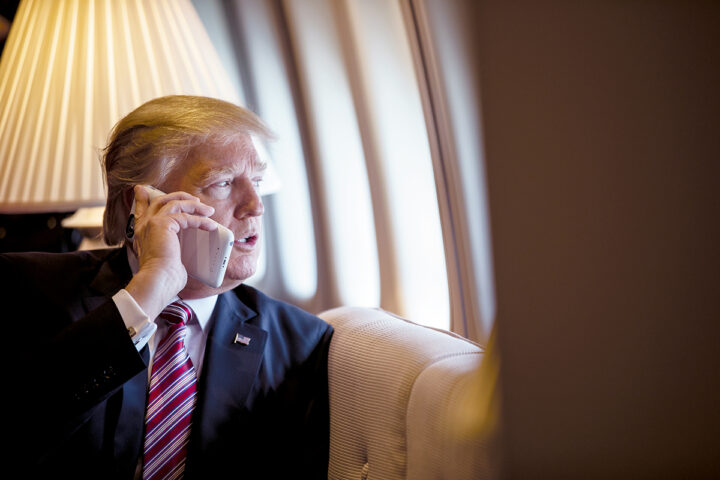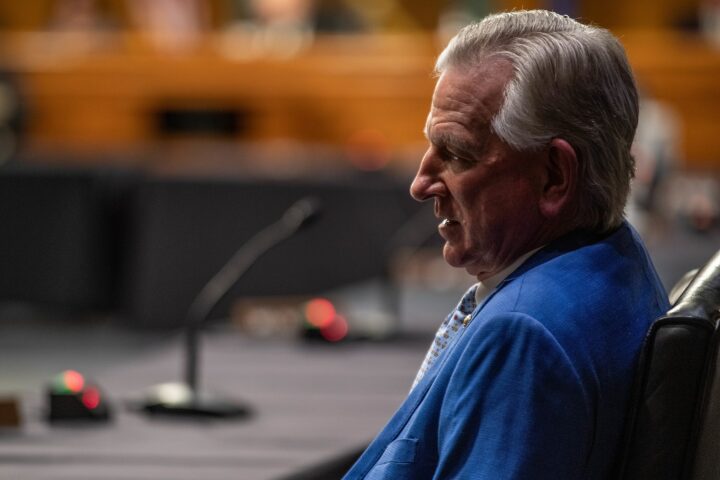The Supreme Court agreed Friday to hear a challenge to Hawaii’s sweeping ban on carrying concealed weapons on private property without the owner’s explicit consent, setting up a major test of how far states can go in restricting the rights of law-abiding gun owners.
The case, brought by three Hawaii residents and a local gun rights group with backing from the Trump administration, targets a state law that critics argue was designed to suppress the exercise of Second Amendment rights rather than to protect public safety. In a brief order, the justices placed the case on their calendar for the upcoming term, with a decision expected next summer.
Harmeet Dhillon, head of the Justice Department’s civil rights division, applauded the move, writing on X: “Boom!” and calling it an “important” case.
The dispute is the latest opportunity for the Court to apply the Second Amendment framework it established in 2022, when the justices ruled that firearm regulations must be “consistent with the nation’s historical tradition of firearm regulation.” That landmark decision has already led lower courts to strike down a wide range of gun control measures, even as judges continue to differ on how precisely to apply the Court’s test.
Last year, the justices clarified that certain federal restrictions remain valid, upholding a law that prohibits domestic abusers from possessing firearms. But the Justice Department and gun rights advocates have pressed the Court to continue reviewing cases to give lower courts more consistent guidance.
At issue in the Hawaii case is the state’s unusual rule that, by default, prohibits licensed gun owners from carrying weapons onto private property open to the public unless the property owner gives express consent—such as by posting a sign. The challengers argue that this flips the constitutional presumption of lawful carry on its head, effectively turning all private property into a gun-free zone unless owners actively opt out of the ban.
“The scope and operation of Hawaii’s default rule thus establish that the rule serves no legitimate objective and that it instead seeks simply to impede the carrying of firearms,” the Justice Department wrote in court papers. “That is plainly unconstitutional.”
The challengers emphasized that the law creates confusion and criminal liability for responsible gun owners, while doing nothing to deter criminals who will ignore it altogether. They urged the justices to resolve the split between a federal appeals court that upheld Hawaii’s rule and another court on the East Coast that struck down a nearly identical law in New York.
Hawaii, in defending its statute, pressed the Court to avoid taking the case for now, urging the justices to wait until more lower courts have weighed in. “Petitioners seek to short-circuit this important stage of lower court percolation,” the state argued.
But with the Court now set to review the case, the justices will decide whether Hawaii’s law represents a permissible regulation or an unconstitutional attempt to strip citizens of a right the Court has repeatedly affirmed. For many conservatives, the case underscores the ongoing battle between states eager to restrict gun rights and an American public determined to exercise them.
[READ MORE: Trump Issues Ultimatum to Hamas]








